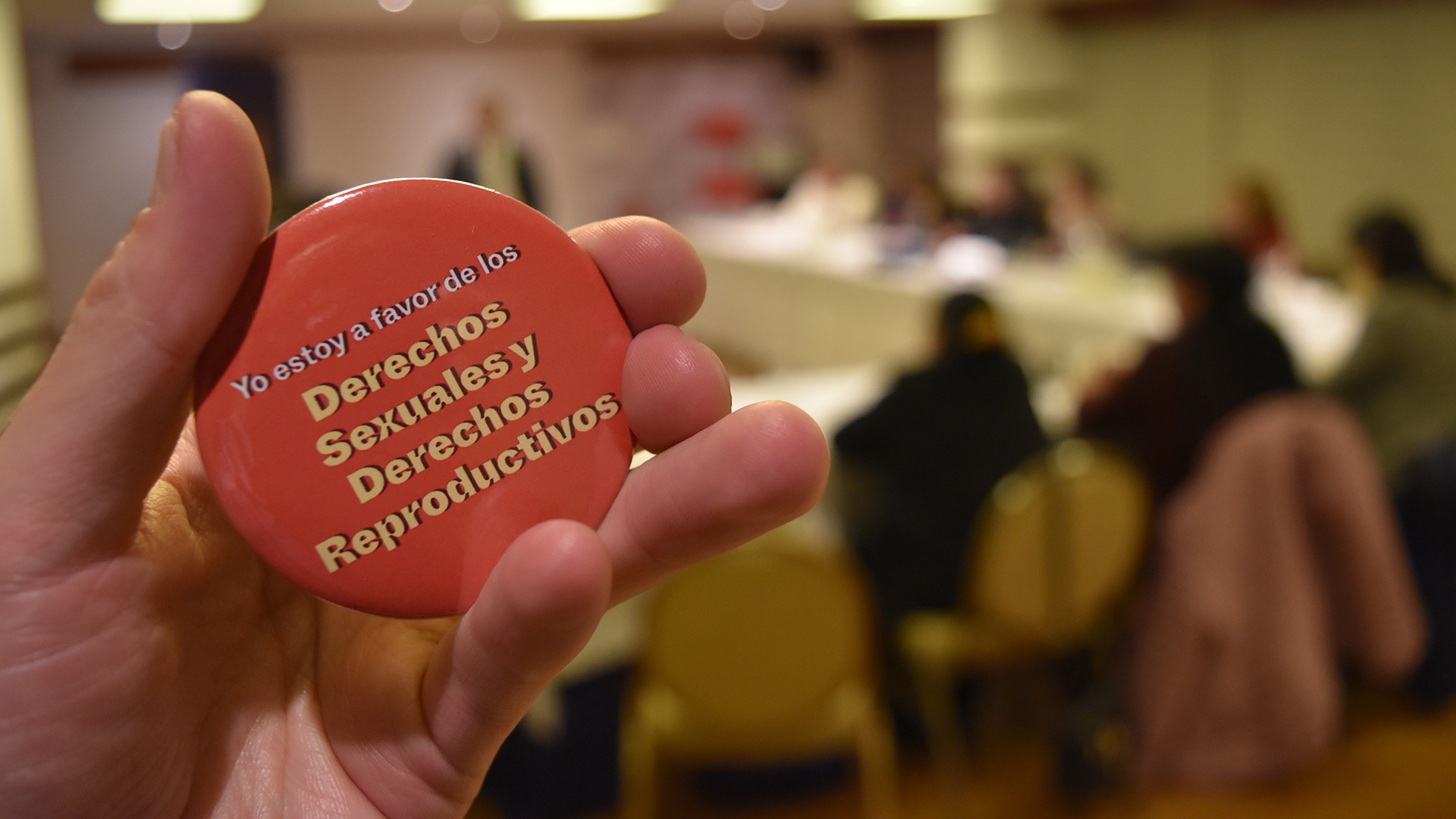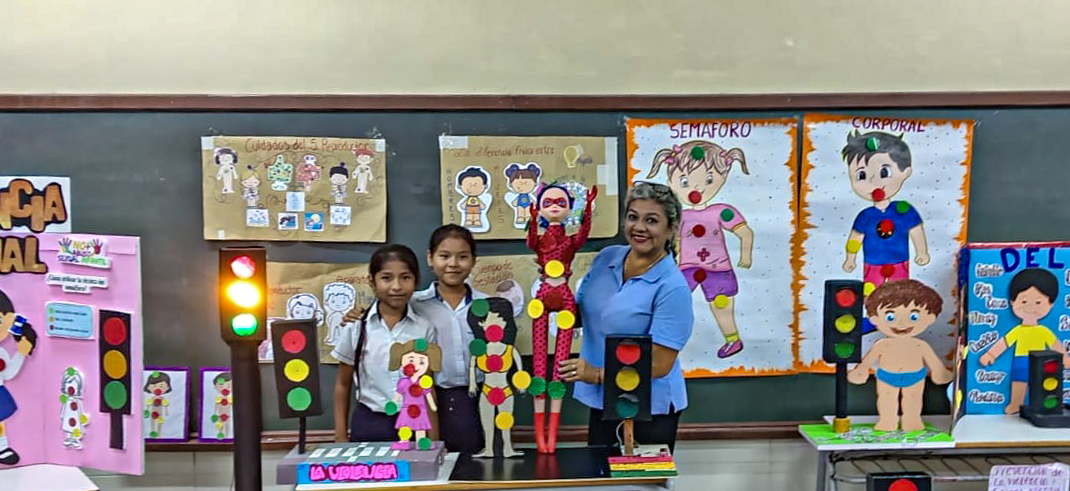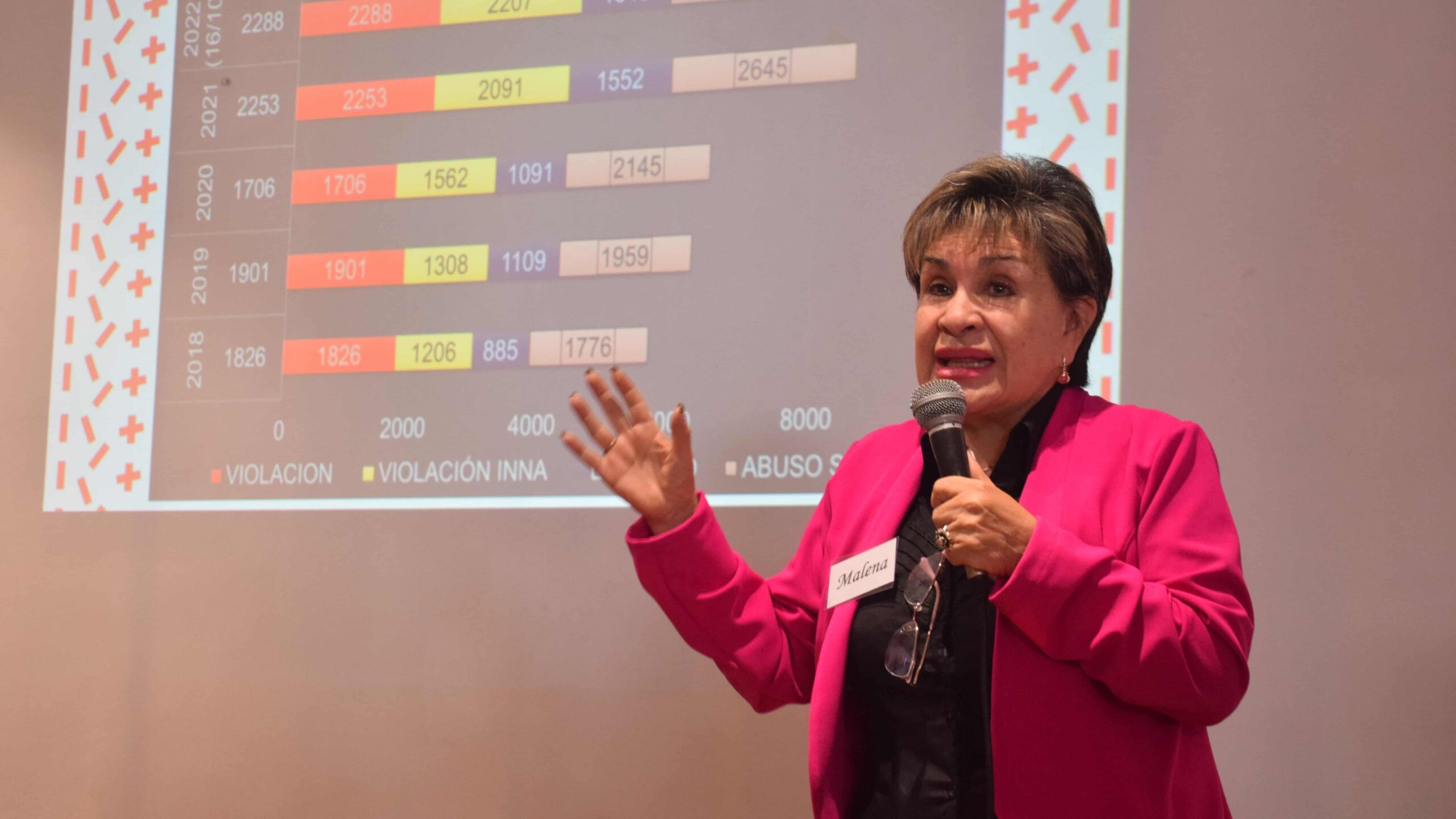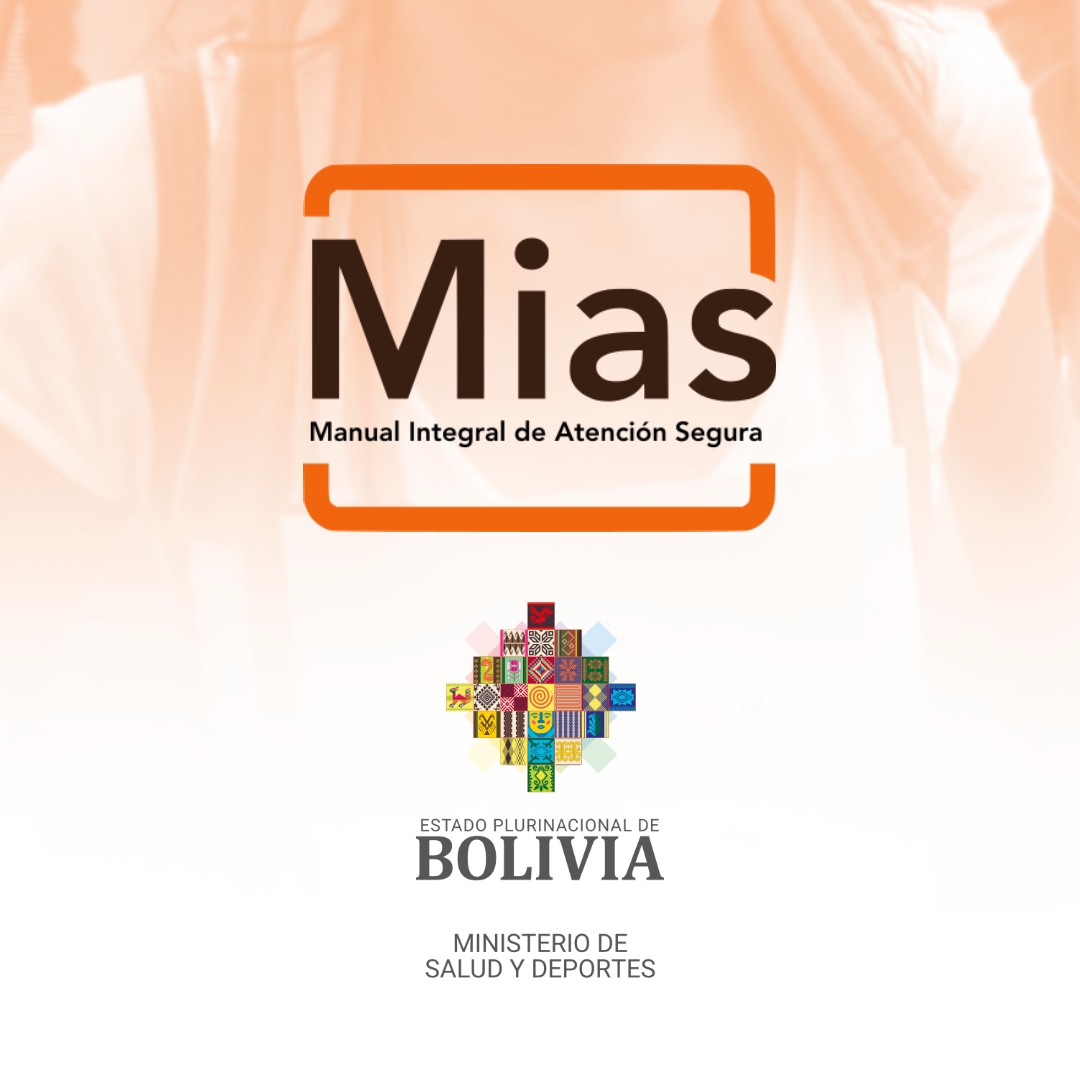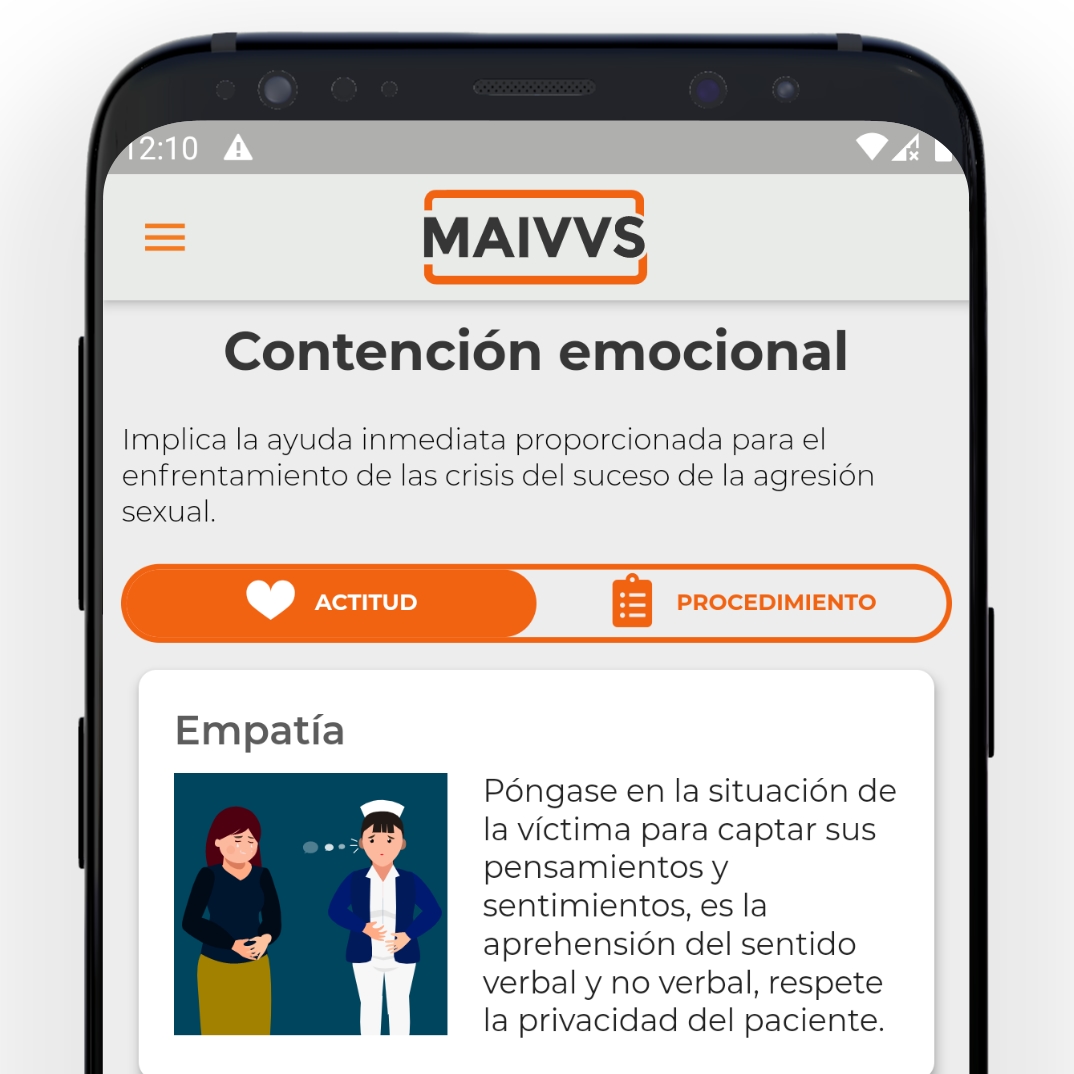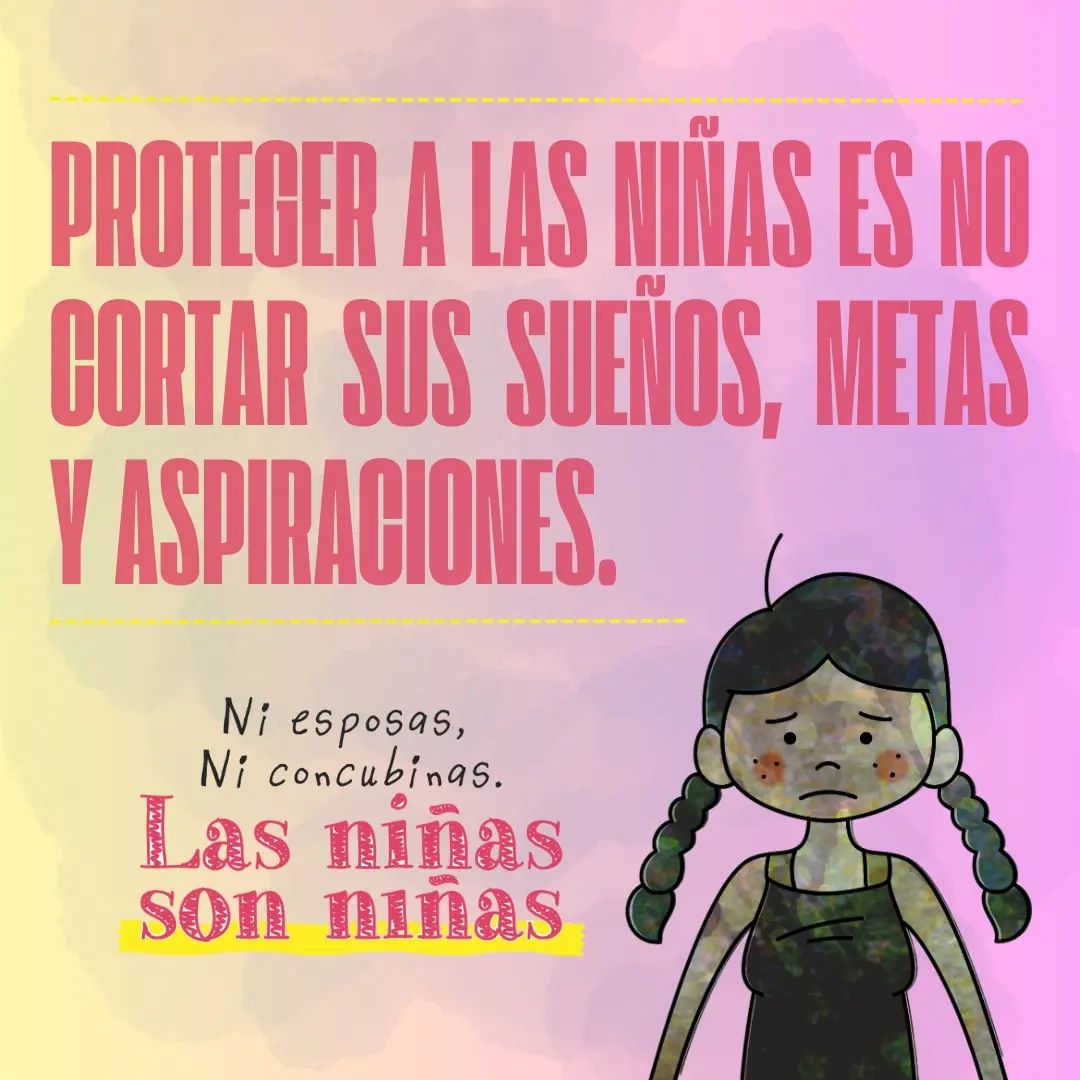The project that monitors access to the law in the country disseminated the results of 2022. Even so, there are still pending and concerns. The national production and distribution of abortion drugs, and the 98% increase in the number of public health services that...
Latin America and the Caribbean: Every day 30 adolescents and young people become infected with HIV for the first time
In Latin America and the Caribbean, every day there are approximately 30 new cases - 11,000 a year - of infections among adolescents and young people between the ages of 10 and 19, highlights the new UNICEF publicationon children with HIV and AIDS. To a large extent,...
“Only one country in the world has fully decriminalized abortion.”
Enormous barriers to access to safe abortion continue to exist around the world, despite some important advances that have been made in recent decades. This progress has been achieved primarily through the work of feminist movements, bringing about change through the evolution of human rights standards relating to abortion, the adoption of progressive legislation, and court rulings that increasingly recognize the right to abortion.
Child marriage in Bolivia: Complaints reach the IACHR
In Bolivia, child marriage is legal, which “is really unacceptable” for the Inter-American Commission on Human Rights (IACHR), which received a report that the Government dismissed as “implausible”, “irresponsible” and “inconsistent”.
Latin America and the Caribbean: Every day 30 adolescents and young people become infected with HIV for the first time
In Latin America and the Caribbean, approximately 30 new cases – 11,000 a year – of infections are registered every day among adolescents and young people between the ages of 10 and 19, according to UNICEF’s new publication on children with HIV and AIDS.
New rape statistics in Brazil demonstrate the importance of sex education
It is necessary to protect minors and teachers and stop politicizing gender and sexuality education.
Positive monitoring of compliance with Argentina’s legal abortion law
An investigation reviewed positive aspects and identified pending issues of abortion policy to guide the debate and decisions on what to sustain and what to improve in Argentina, where there is still inequality in access and deficits in the quality of abortion care.
United States approved for the first time the sale of a contraceptive pill without prescription
The U.S. Food and Drug Administration (FDA) approved the first birth control pill to be sold without a prescription, a milestone that could expand women’s access to contraception in the country.
80% of men who attend gender violence programs in CABA do not register new complaints.
It is the one that goes: initiatives on masculinities in which men themselves get involved in order to dismantle the patriarchal rules that benefit them, but whose costs they also suffer. It is in this context that the very interesting research recently published by the Public Prosecutor’s Office of the City of Buenos Aires appears.
Day of Children and Adolescents of the Americas: IACHR Urges States to Guarantee Education Free of Sexual Violence
OAS – In the framework of the Day of Children and Adolescents of the Americas, the Inter-American Commission on Human Rights (IACHR) expresses its concern about the persistence of sexual violence against children and adolescents in the educational sphere in the region. In this regard, it calls on States to address the structural causes that generate this form of violence, through the adoption of prevention measures and their eradication in educational environments, with a gender perspective.
Urgent need for policies to address teen pregnancy in Latin America, says expert
“If all women used contraceptives, it would reduce, for example, 1.2 million unwanted pregnancies per year and there would be 43% fewer induced abortions,” women’s health specialist Germán González told a press conference.
Latin American women are winning the fight for legal abortion
In February of this year, Colombia’s constitutional court eliminated the crime of abortion (up to 24 weeks of gestation) from the criminal code, in response to a lawsuit filed by Causa Justa, spearheading a broad social and legal campaign involving more than 120 movements and thousands of activists.
Legal abortion advances, except in the U.S. (and Bolivia)
It was inconceivable, five years ago, that a conservative country like Colombia would eliminate the crime of abortion from the penal code (up to the 24th week of pregnancy). Or that Catholic and neoliberal Chile would vote for a constitution that enshrines sexual and reproductive rights, including voluntary abortion.
WHO speaks out in favor of abortion rights
The head of the international body posted on his official Twitter account that, “Women should always have the right to choose when it comes to their bodies and health.”
Reproductive rights are the basis for women’s empowerment, says the UN
UN Secretary-General António Guterres believes that sexual and reproductive health and rights are the “foundation for women and girls around the world to make choices, empowerment and equality,” a UN spokesman said, following the leak of a draft ruling that would overturn abortion rights in the United States.
Unsafe abortions cause the death of 39,000 women a year
Some 39,000 women die each year as a result of the 25 million unsafe abortions performed worldwide, the World Health Organization (WHO) said Wednesday as it unveiled a new guide to help with such crucial care for women and girls.
Abortion rights in Latin America advance and regress at the same time
The right to abortion is simultaneously advancing and regressing in Latin America, where at the same time that significant steps are being taken in the conquest of sexual and reproductive rights, such as the recent ruling of the Constitutional Court of Colombia decriminalizing the voluntary interruption of pregnancy up to 24 weeks, an obstructionism persists that in practice prevents women from exercising these rights to the fullest.
8M: women paint Latin America in green and purple
Thousands of people marched in the streets of Latin America to commemorate International Women’s Day and to demand the guarantee of their rights.
Sexuality and slut-shaming: the need for education reform in Australia
As Australia’s Parliament grapples with allegations of rape, a young Sydney activist is lobbying the country’s authorities for the adoption of a series of reforms to Australia’s sex education program.
WHO renews 90-70-90 campaign against cervical cancer
Every year 300,000 women worldwide die from preventable cervical cancer. January 2022 is Cervical Cancer Awareness Month.

